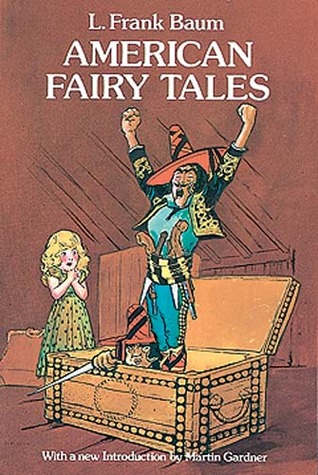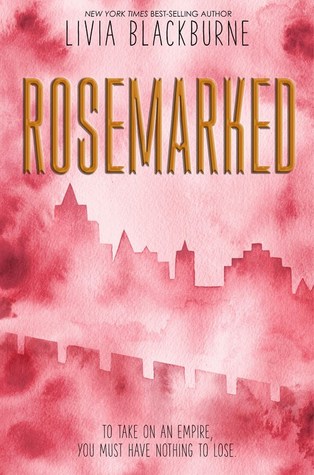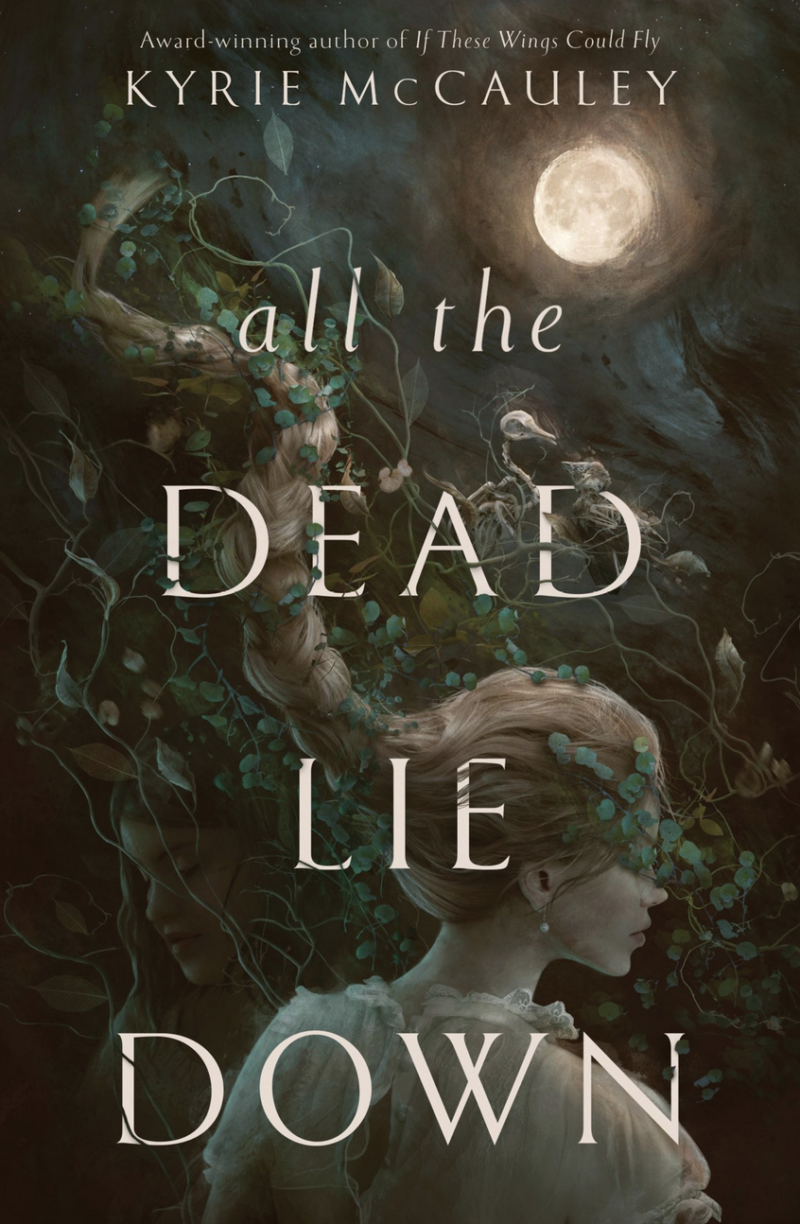[button color=”black” size=”big” link=”http://affiliates.abebooks.com/c/99844/77798/2029?u=http%3A%2F%2Fwww.abebooks.com%2Fservlet%2FSearchResults%3Fisbn%3D9780486236438″ target=”blank” ]Purchase here[/button]
American Fairy Tales
by L. Frank Baum
One of the trophies of my shopping spree at New York’s Books of Wonder is this charmingly illustrated collection of short stories, reprinted by Dover, by the author of The Wonderful Wizard of Oz and many other magical stories.
Originally published in newspapers in 1901 as a syndicated series, the American Fairy Tales are a fascinating, though perhaps flawed, attempt to plant the magic of fairies and folk tales in the modern, scientific, commercialized soil of the USA. Martin Gardner correctly points out in his introduction that a good part of the magic is squished out of the stories by such statements as “You are on Prairie Avenue, in Chicago.” On the other hand, Baum more than makes up for this miscalculation with his sharp wit and his instinct for the right bit of nonsense at the right time. And perhaps, if you squint at them just so, these little mundane details (like “Prairie Avenue”) work to the story’s advantage. What American child since 1901 hasn’t hoped that the paved roads, telephone wires, and steel I-beams of our world might not forever seal every door into the world of make-believe?
In “The Box of Robbers,” a little girl living on guess-what-street in guess-what-town gets a silly surprise when she unlocks the lid of a trunk in the attic. The way she talks three Italian bandits out of robbing her house is as funny as the tongue-in-cheek “moral of the story.”
“The Glass Dog” tells of the bargain between a magician and a glassblower, a tale in which everybody gets exactly what he or she deserves, though perhaps not in the way you would expect!
In “The Queen of Quok,” a mischievous boy king cleverly avoids the awful fate of having to auction off his own hand in marriage in order to replenish the palace treasury.
“The Girl Who Owned a Bear” nearly gets eaten by it after a book agent, in revenge against her father, gives the girl a book whose pages come to life.
“The Enchanted Types” features a fairy-creature called a knook – a species that, I believe, Baum was the first to describe – who tries to do a good deed by freeing a flock of stuffed birds from a hat shop. The knook grows more and more desperate to make up for the harm his magic has unwittingly unleashed on the fashion world of 1901 – which, apart from a few details, sounds a lot like the fashion world of today!
An aspiring actress orders “The Magic Bon Bons” from a wizard, but someone else takes them home by mistake. First-year Potions students should read this is a cautionary tale.
“The Capture of Father Time” happens in a whimsical way, thanks to a cowboy’s son named Jim and his skill with a lasso. As rare bit of early science fiction this story is priceless!
“The Wonderful Pump” tells how a poor farmer and his wife squandered a magical gift from a grateful beetle. (It’s too bad that Baum spoils the magic by explaining how it worked.)
“The Dummy That Lived” is the wistful story of a wax lady in a shop window who, thanks to a mischievous fairy, comes to life. Unfortunately, knowledge of the world did not come with the package.
“The King of the Polar Bears” survives being skinned by humans, with the help of his friends the gulls. But can a feathered bear rule over his own kind?
And finally, “The Mandarin and the Butterfly” concerns a child-hating Chinaman (yes, it’s that “politically incorrect,” but remember when it was written). Forced to flee his native land, the Mandarin starts a laundry and makes a wicked bargain with a trapped butterfly — a bargain that involves turning children into pigs!
If you love collections of fairy tales, especially books like Sandburg’s Rootabaga Stories and Nesbit’s The Magic World, check this book out. Perhaps you will agree that Baum graces the Mother Goose tradition with a delightful quirkiness that is distinctly American. If so, and again like me, you may also be interested in some of Baum’s other non-Oz titles, such as Mother Goose in Prose and The Master Key.



